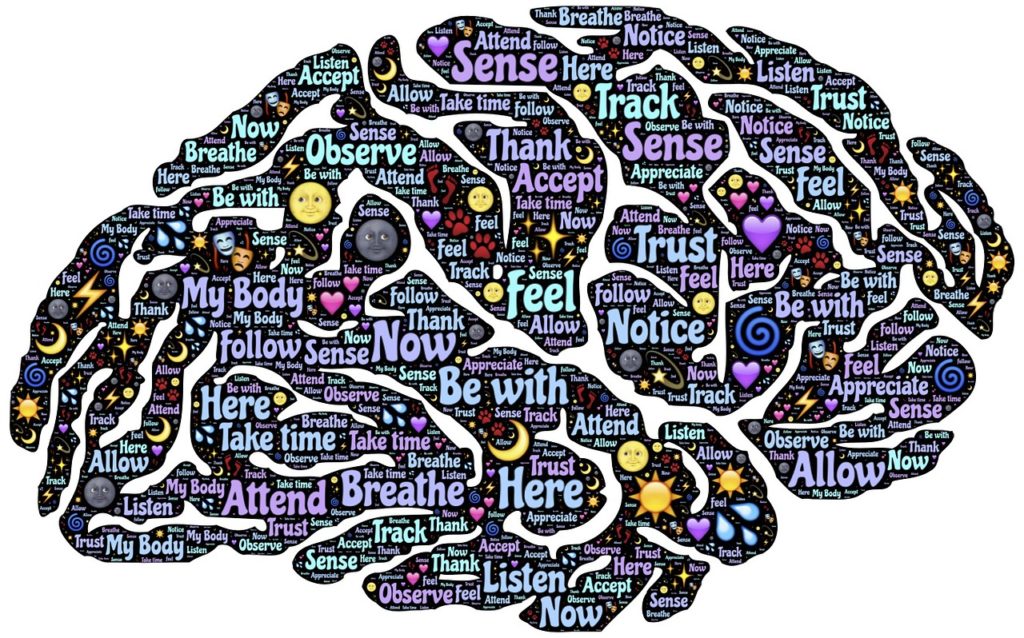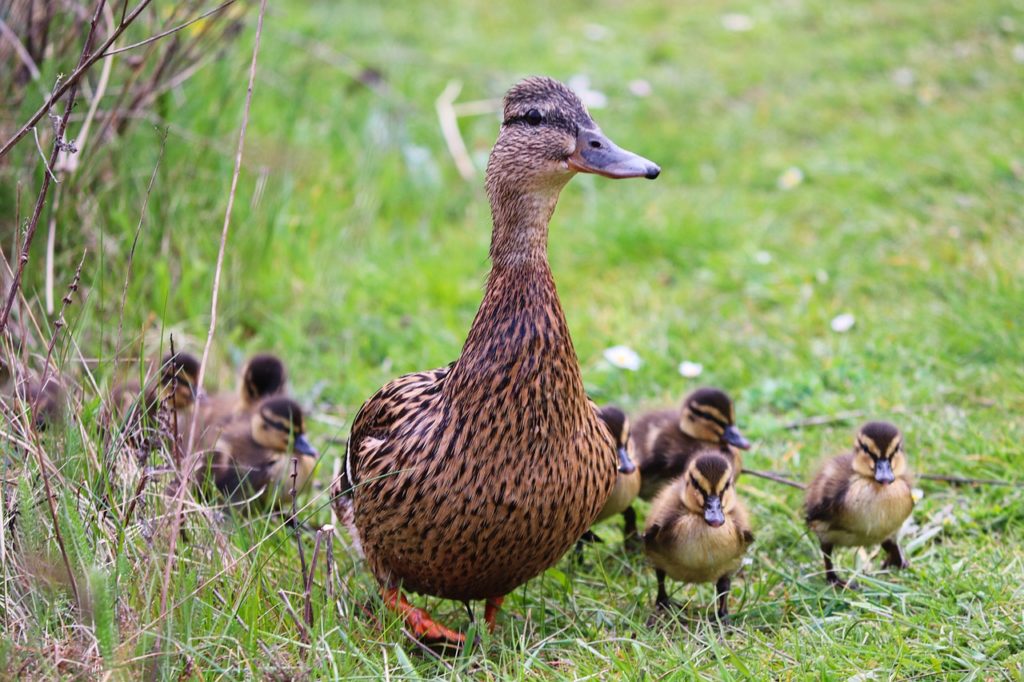“What did you discover this week?”
This is a question I often ask of clients, especially young ones. There is a dual purpose in mind: The first is to get the client to think differently…to engage in a highly proactive effort to reflect, and maybe recall, something that was new, exceptional, and quite possibly useful, if only they were to notice it, again, here, in this moment.
To see how this works, try it! Instead of just reading the question above, ask it to yourself, and try to answer…
…
…so, did anything come up? Nice if it did, but more to the point: Do you see what asking this question did to your cognitive experience (i.e., acquiring, understanding, and using knowledge) in the last few moments? If asked to describe it, your answer would likely relate somehow to having broken out of an autopilot mode (i.e., essentially unmindful reactivity to the usual stimulation of everyday routine) and into a reflective, introspective search…to observe [for now the second time] something that is or may become relevant, useful, and internalized.
________
The second purpose of the question is to plant the seed for (or tend to its growth in) making this a habit, a life practice that feeds into the examined life. When one is young, discovery is easy, and almost impossible to avoid; and yet…as one ages, it takes effort, even diligence – and for reasons rather easy to understand.
________
The human mind craves new information – it is called curiosity. It is like hunger, a driving motivator that is only satisfied momentarily, and coming back with new demands. And though it may not be pleasant to contemplate, aging and life experience can reduce the natural drives one takes for granted when young [as in being unconscious even of their presence and value].
Hence this recommendation to make discovery a habit. If you haven’t already, make your own personal practice that maintains and nurtures the gift of curiosity.

